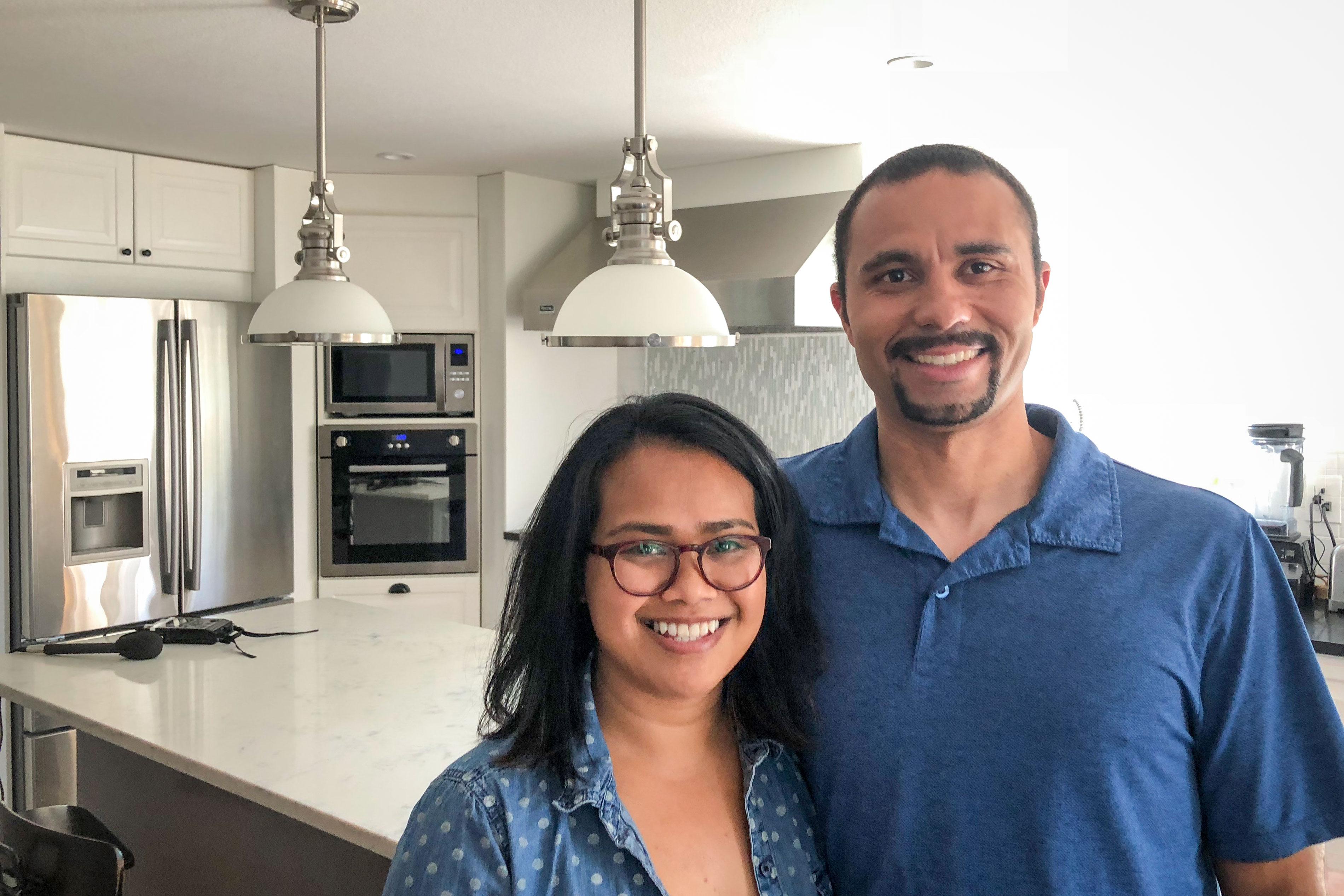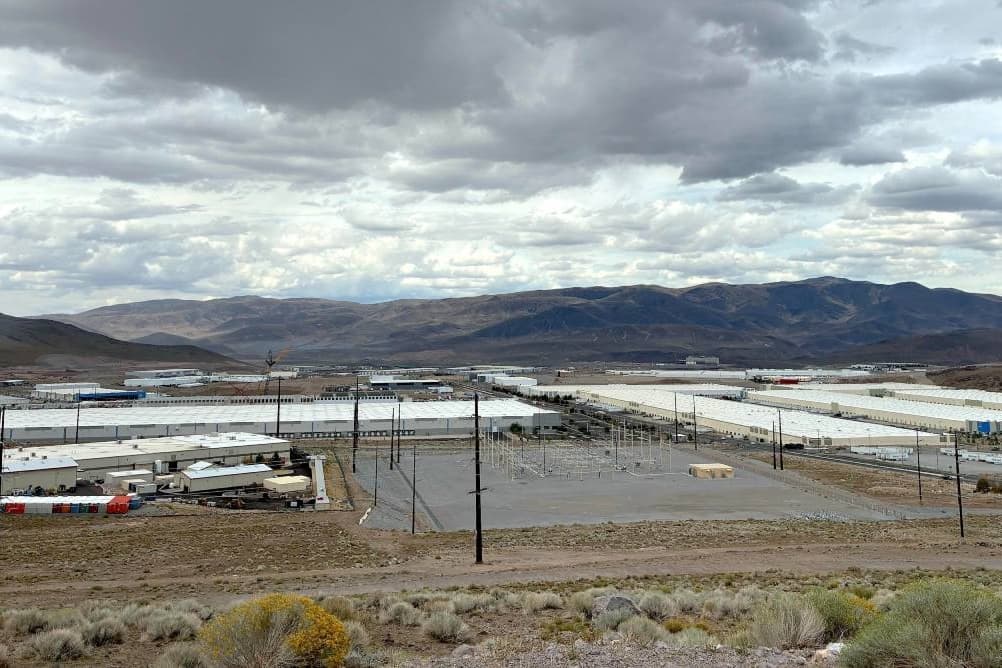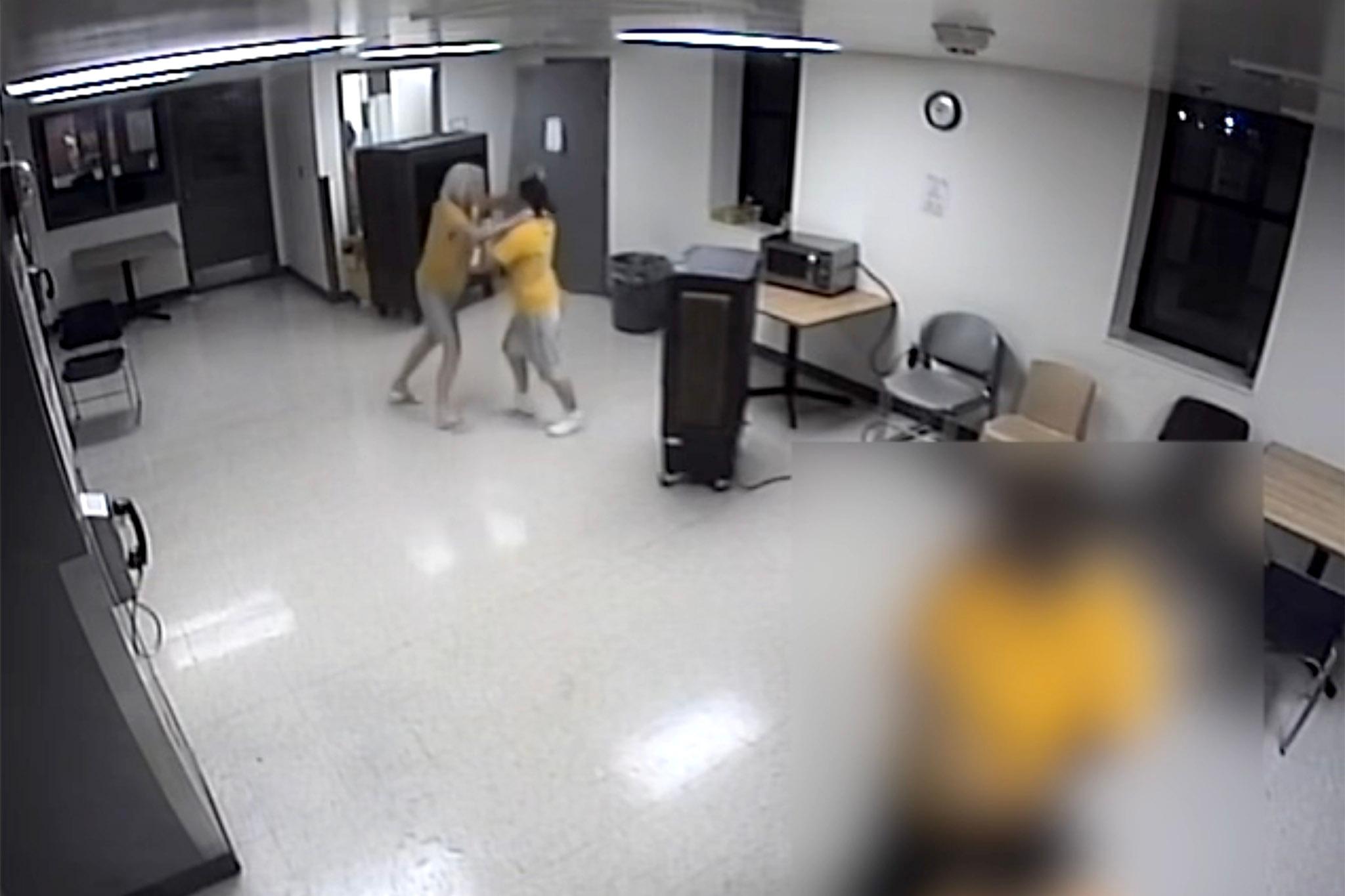

It’s almost impossible to find a contractor to remodel your kitchen these days.
Remodel activity rose 5.2 percent in the first quarter of this year nationwide, hitting a new all-time high, according to Metrostudy’s Residential Remodeling Index. And Denver is no exception.
“Doesn’t surprise me,” says Brian Prendergast with Professional Home Design. He says he gets two to three calls a day from homeowners.
While the boom is good news for contractors, it’s an indicator that something’s wrong. Because rather than compete for a shrinking pool of homes for sale, homeowners instead are not moving — further compounding the housing inventory problem by reducing the number of homes potentially on the market.
According to RealtyTrac, Americans are living in their homes for an average of eight years, almost twice as long as were before the recession.
That’s the situation for Marjie and Ben Vic, who live in far east Aurora, out by E470. They’re customizing their starter home for the long term, starting with the kitchen.
Ben points out that his wife isn’t “exactly the tallest person,” so their kitchen has “no top cabinets, everything’s down low.” Their intent was to make the space their own and have it work for them.
The Vics have been here for four years, and these first-time homebuyers couldn’t have picked a better investment. The competition for houses in Denver has driven up prices, and their property has almost doubled in value.
“We thought it was pretty incredible,” Ben says. “Until we started looking around to see if there was anything else we could move into.”
They wanted something with a bigger yard, but they got outbid or lost to cash offers on every potential place. Learning the lessons of the last housing crisis, Marjie says they’re trying to live within their means and not buy a home they can’t afford.
“And the market is telling us if you want to compete, you have to like shed some of that,” says Marjie. “And we’re not willing to do that.”
Marjie admits they’re lucky as they’ve built a mountain of equity, but still, they are stuck in this starter home.
“Yeah, we work hard for what we have and what we want and what we want our life to be, and it’s just a dream that we can’t attain,” she says.
Lawrence Yun, the chief economist for the National Association of Realtors, says potential sellers are afraid of selling, and not being able to find another house at all.
“If they sell their home, can they buy the next home, how competitive is it?” Yun says. “They will do well as a home seller, but they are very concerned as a buyer, and hence they’re staying in their home for a longer period.”
The urge to stand pat on your current house and remodel is bigger than that though. Bill McBride, a housing economist who writes the blog Calculated Risk, says many people just don’t care to move.
“You’re around your friends and all the things you know, it just makes sense,” McBride says. “For those homes to come on the market, we still have a long time to wait.”
Denver has a record low number of homes for sale, adjusted for population growth. It’s a combination of factors: there’s a lack of new home construction. Investor landlords are unwilling to give up on big rental income, so they’re not putting homes for sale. Add on top of that homeowners like Marjie and Ben Vic who are staying put.
The lack of normal supply is also driving values up, pricing many buyers out of the market. Single family home sales prices average $526,150 in the Denver area so far in 2018, up more than 10 percent, according to data from the Denver Metro Association of Realtors.
McBride says that’s bad news for families shut out of the housing market, but it’s not a problem on the scale of the housing recession of a decade ago.
“This one is much less obvious, somebody stuck renting, it’s not the end of the world for them,” McBride says. “It’s not a family tragedy. But long term there could be an impact from that.”
Especially in lost wealth from housing appreciation.
The dream is increasingly unobtainable for many Coloradans shut out of the housing market altogether. The homeownership rate in the Denver area has fallen dramatically since the recession. Just more than half of families now own.








